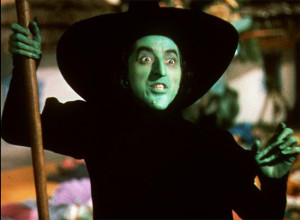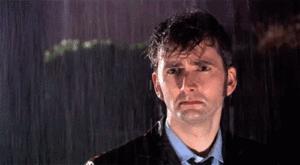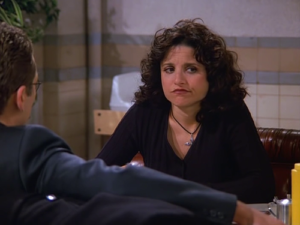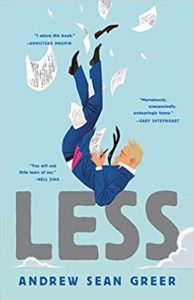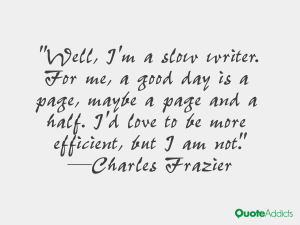I’m working on my 26th book and I know that finishing it will leave me sad because living in the world of writing is balm for my soul. Life feels concentrated, focused, enriched when a book is my mental companion. It’s part of the fabric of each day, whether I’m actually writing or not because it’s always on my mind, and I feel a sense of loss when it’s done.
But finishing is also joyful. And that’s not because I enter the familiar process of watching the book move out into the world through various stages of publication–and then look forward to all the possible speaking engagements.
The joy is partly something more mundane: cleaning up and letting go.
While working on a book, I generate endless drafts of chapters, sections of chapters, and several of the entire book itself no matter what the genre. With some books, especially one of my Nick Hoffman mysteries, I might have to go through ten drafts of a really difficult or challenging chapter before I get it right.
I print everything off because I learned a long time ago that it’s too easy for me to miss errors, gaps, typos, and continuity issues reading the book on any kind of screen. I need to have the text in my hand to see it clearly.
For almost ten years now, all that paper has been indexed and stored–but not by me. Special Archives at Michigan State University’s library purchased my literary papers and whenever I finish a book, I box up everything connected to it and someone from the library comes to take it away to add to The Lev Raphael Papers. My work has joined the papers of other well-known writers associated with MSU like Jim Harrison, Thomas McGuane, Carolyn Forché, and Richard Ford.
If any researcher now or in the future wants to follow the progress of a book or story of mine, it’ll all be available, from Post-it Notes to scribbled-on rough drafts to the final product final drafts. The blind alleys and abandoned parts are all there, and so is all the research material I’ve gathered, since I don’t need to consult it any more.
When I’m done with a book, I’m always surprised at how much “stuff” there is associated with it. But seeing the collected work of a year or more carted off doesn’t leave me with the writer’s version of Empty Nest Syndrome. That’s because there’s always another book waiting in line to be written, another world for me to enter and explore.
Lev Raphael is the author of 25 books in genres from memoir to mystery including a book of advice for writers: Writer’s Block is Bunk.


